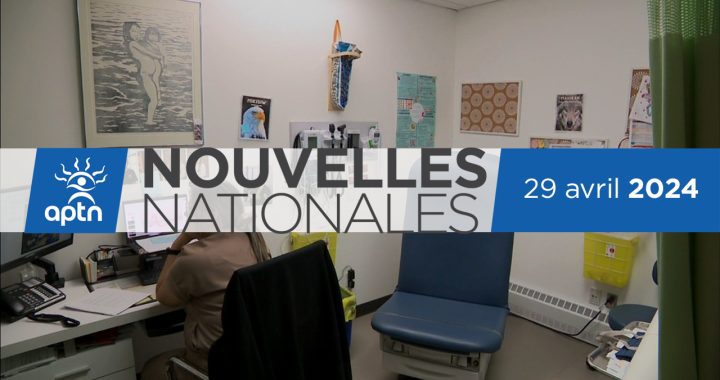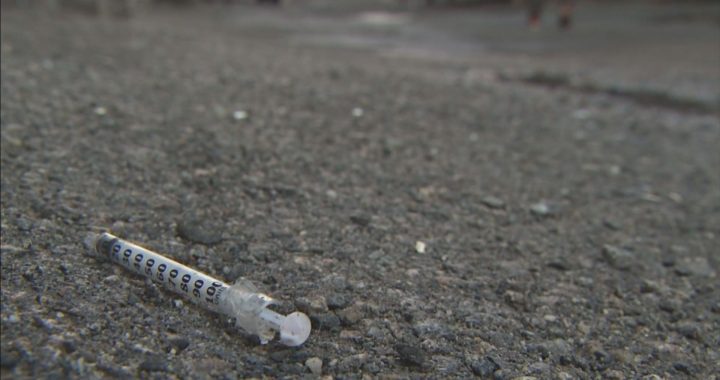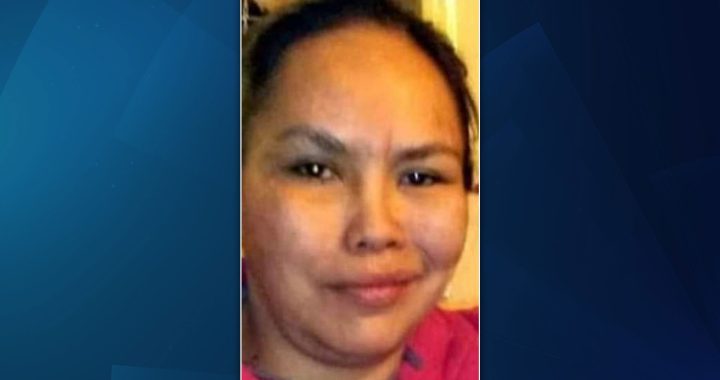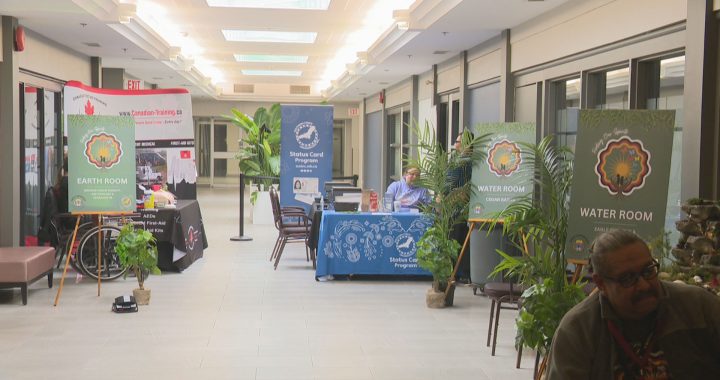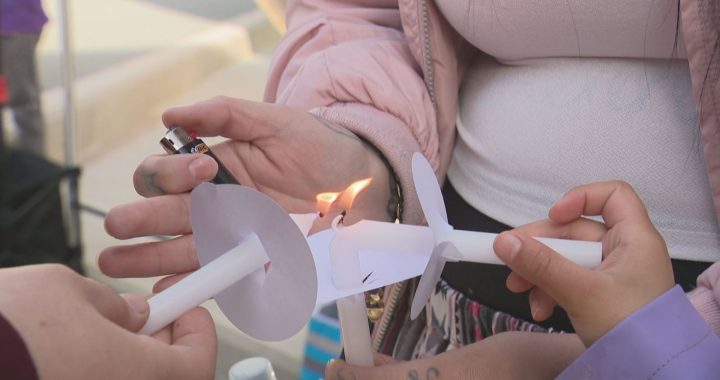A new report from the Union of British Columbia Indian Chiefs (UBCIC) says 99 per cent of First Nations people trying to use their status card have had a negative experience. They report discrimination is the norm when using their status card.
“This experience is profoundly negative, particularly for those experiencing other compounding and overlapping forms of oppression and shape’s people’s behaviour for a life time,” reads the report.
UBCIC Grand Chief Stewart Phillip said in a press release that, “Status cards have long been the prime catalyst for the public expression of ongoing racism and stereotyping of Indigenous peoples. The media and schools have failed to educate people on the history of status cards and why First Nations peoples have them.”
Phillip said he hopes that this 72-page report, titled They Sigh or Give You the Look will help start the education in Canada about status Cards.
A status card is identification issued by the federal government for someone who is enrolled as a “Status Indian” as defined under the Indian Act.
In the same press release, Maxwell Johnson, who was arrested in Vancouver at a Bank of Montreal while trying to set up an account for his granddaughter, spoke about his experience.
“I will never forget being handcuffed and seeing my granddaughter standing on the street, crying and handcuffed,” said Johnson. “She was 12 years old, and we were just trying to open a bank account for her. We both have to live with this trauma and the fears caused by it including what could happen the next time we show our Indian status cards.”
Report commissioned to gather evidence of discrimination
The UBCIC commissioned the independent report as a part of the human-rights complaint. According to the report, Mary Ellen Turpel-Lafond, legal counsel for UBCIC, could only find limited research related to the experience of racism and discrimination when using status cards so UBCIC commissioned a five-month study.
“Using a literature review, media analysis, online survey, and behavioural fieldwork, the study uncovered a near-universal experience of discrimination amongst status First Nations who have used a status card,” said Harmony Johnson, the report’s author. “Although this is an issue we all know about, there were no existing studies available. That excuse no longer exists.”
There were 1,026 respondents to the study who provided feedback online. One of the findings from the report was that First Nations who were “white-passing” (people who identify as Indigenous but “pass” as white) reported that they sometimes experienced better treatment.
Customer service turned rude or hostile
In the online survey, over half of respondents reported that clerks were rude to them or acted as though status cards were not acceptable, or as if processing the information from the cards was a hassle.
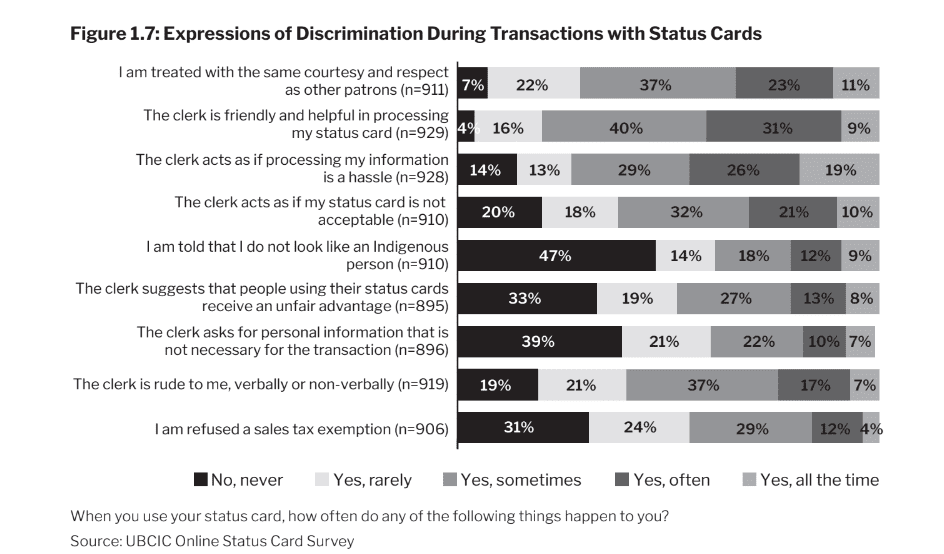
“[I’ve experienced the] racism and stigma of being treated like I already get everything free…[Most non-Indigenous Canadians have] no knowledge of the history of Indigenous issues,” said one online respondent.
Discrimination highest among LGBTQ2S people, said report
“I’ve had to navigate racist experiences so often with my status card when I shop on reserve that I’ve made decisions to pay more off reserve to avoid the hassle,” said one survey respondent who identified as LGBTQ2s.
Forty-one per cent of LGBTQ2S+ respondents said that they experienced discrimination “all the time” when purchasing tobacco or alcohol and using a status card. This is five times higher than what was reported by respondents who did not identify as LGBTQ2S.
Study limitations
The report notes that although there was a large sample size and that allowed for researchers to identify common themes, the sample size is not large enough to state that results are a statistically accurate reflection of how status cards are viewed generally.
‘White-passing’ respondents reported better experiences
The report writer suggests that because “white-passing” (people who identify as Indigenous, but may appear to be white) who did not fit the stereotypical idea of what a First Nations person looks like, reported better experiences proves that discrimination is a factor in how people with status cards are treated.
“It is additional evidence that some of the discriminatory experiences documented in this project are bona fide racism, and not attributable to actual ignorance of status cards and their use.,” said the report.
Report calls on federal government to denounce racism and promote education
According to the report, the federal government should play a larger role in educating people about status cards.
The report calls on the federal government to create tools to help retailers. It also asks for plain-language public information that answers the question “I am serving someone who is using their status card, what do I need to know?”





